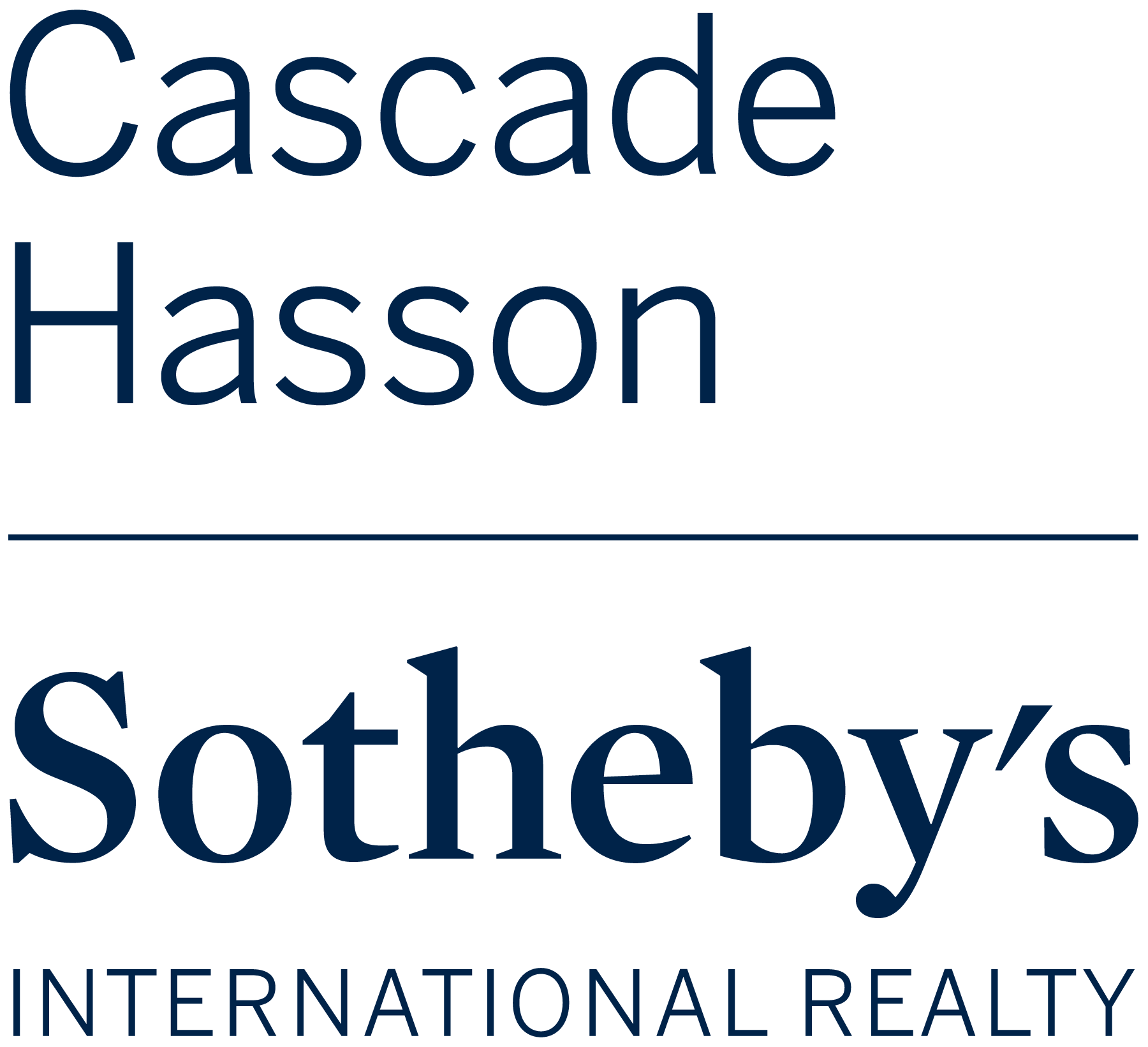Maximize Home Sale Success in Southwest Washington

Steve Studley
We’re Your Real Estate Champions From luxury living to bare-bones practicality, we protect your long-term legacy and shore up your lifestyle...
We’re Your Real Estate Champions From luxury living to bare-bones practicality, we protect your long-term legacy and shore up your lifestyle...
When it comes to selling your home in the Southwest Washington market, setting the right price from the beginning is vital. It’s about more than just assigning a value; it’s a strategic decision that positions your property to attract the right buyers and secure the best possible outcome. In this article, we explore three pricing strategies that have proven effective in our local real estate market.
1. Comparative Market Analysis (CMA) in Southwest Washington
In Southwest Washington, a Comparative Market Analysis (CMA) is a detailed examination of properties similar to yours that have recently sold in areas like Vancouver, Camas, or Battle Ground. These properties are comparable in size, condition, and location. The aim is to establish a competitive and realistic price for your home based on up-to-the-minute market trends and sales data.
Pros:
- Accuracy: CMAs provide a data-backed method for pricing, utilizing recent sales to estimate your home's market value accurately.
- Competitive Edge: Pricing your property comparably to other recently sold homes increases its appeal to serious buyers, possibly leading to competitive offers.
- Confidence: A professionally conducted CMA adds transparency and credibility to your asking price, reassuring both buyers and sellers.
Cons:
- Limited Scope: While informative, CMAs might overlook unique features of your property or recent market shifts.
- Subjectivity: Different agents might interpret the data differently, affecting the recommended price.
- Market Changes: In the fast-evolving Southwest Washington market, CMAs must be regularly updated to remain accurate.
2. Pricing Below Market Value for a Quick Sale
This strategy involves setting your home’s price slightly below its estimated market value to draw in more buyers and encourage quick offers. The goal is to foster a sense of urgency and value, potentially leading to multiple offers that could elevate the sale price.
Pros:
- Increased Interest: A lower price tag can attract buyers looking for a deal, generating more showings and inquiries.
- Faster Sale: By presenting your home as a value proposition, you're more likely to receive offers swiftly, reducing time on the market.
- Potential for Multiple Offers: Competitive pricing can initiate a bidding war among buyers, potentially increasing the final sale price.
Cons:
- Risk of Undervaluing: If priced too low, you may miss out on potential profit in a quick bidding process.
- Perception of Issues: Buyers might wonder if the lower price indicates undisclosed problems.
- Perception of Desperation: A below-market price could signal to buyers that you’re eager to sell, potentially weakening your negotiation position.
3. Pricing Higher to Leave Room for Negotiation
With this approach, you set your initial list price above the estimated market value, intending to negotiate down to a favorable sale price. This tactic aims to establish a sense of value and flexibility, without compromising your final returns.
Pros:
- Perceived Value: A higher list price might suggest luxury or exclusivity, appealing to buyers willing to pay more for premium features.
- Negotiation Flexibility: Pricing above the market allows for negotiation, possibly resulting in a better final sale price.
- Mitigated Risk: A higher starting price can offset market fluctuations or unexpected costs, safeguarding against a low sale.
Cons:
- Limited Buyer Pool: An overly high price could dissuade potential buyers, thinking the home is out of reach.
- Extended Time on Market: Overpriced homes might stay listed longer, losing appeal over time.
- Appraisal Challenges: If the sale price greatly exceeds the home's appraised value, financing issues for the buyer could threaten the deal.
Choosing the right pricing strategy for your home in Southwest Washington demands a nuanced understanding of the local market, the unique qualities of your property, and your own selling objectives. Whether employing a data-centered approach with a Comparative Market Analysis, aiming for speed with a below-market price, or setting a higher price to negotiate, each option carries its own set of considerations. Partnering with a real estate professional experienced in the Southwest Washington market can guide you through these choices confidently, ensuring a successful sale.
Thinking about selling? Contact us, and our team of experts will help you determine the most effective strategy for your property in the vibrant Southwest Washington real estate market.
Thinking about selling your home?
Get in touch. We'll guide you through every step of the process to ensure a smooth transaction that meets your goals.



